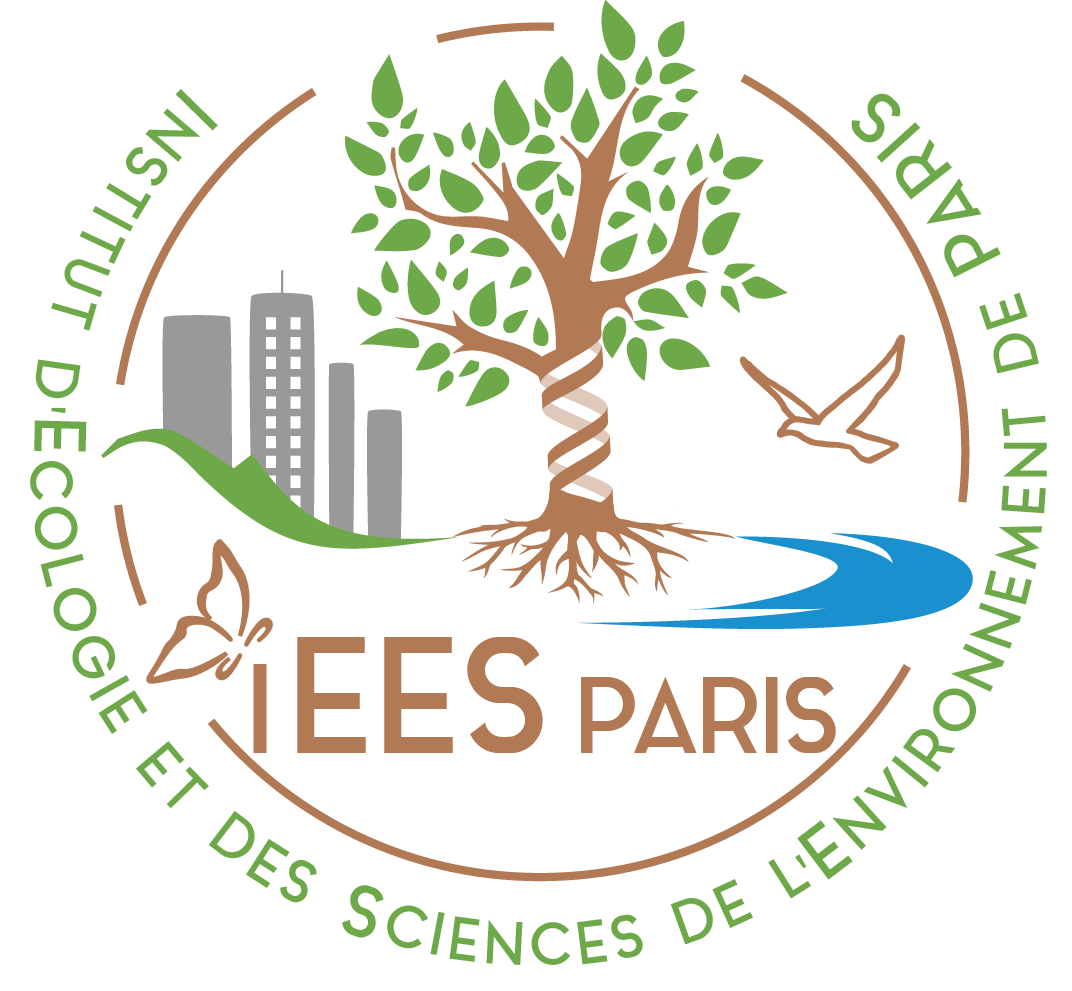Experimental and modelling evidence of short-term effect of raindrop impact on hydraulic conductivity and overland flow intensity
Tropical montane areas of Southeast Asia are exposed to high-intensity rainfall during the monsoon period. This is particularly problematic in areas where soils on steep slopes are cultivated as it can lead to heavy runoff, high soil erosion, and water pollution. The objective of this study, performed in the Houay Pano catchment (M-TROPICS/MSEC in Laos), was to analyse the effect of the impact of raindrops on the dynamics of runoff on such steep fields. Experiments under simulated rainfall were performed at the plot scale (1 m²) to quantify water export from the surface of upland agricultural soils during overland flow events. The results show that raindrop impact drastically enhances runoff generation on both bare soils and manure amended soils. The temporal evolution of runoff was correctly modelled using a soil hydraulic conductivity that exponentially decreases over time of exposure to rainfall. Both experimental and modelling results showed that droplet energy induces a rapid evolution of the hydraulic properties of the soil surface due to crusting, resulting in a reduction of hydraulic conductivity and a concomitant increase in runoff rate.
The paper was published in the Journal of Hydrology. For paper download please click here (50 days’ free access to the article).

















